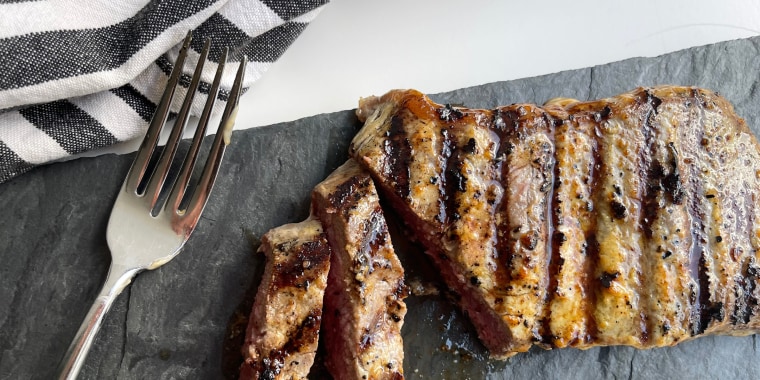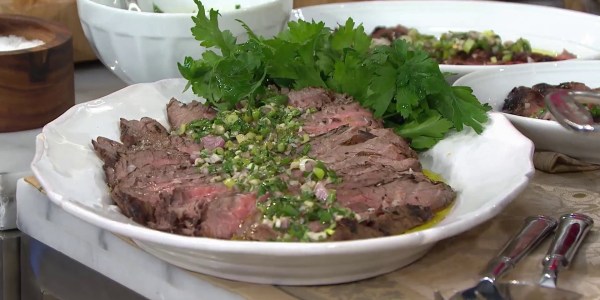We hate to break it to you — but you’ve probably been marinating your meat incorrectly.
Summer grilling often comes with meats marinating in an oil-based sauce filled with herbs, spices and other flavors. We prep our meat hours ahead so that when the time comes, we have added extra flavor and moisture to our meals.
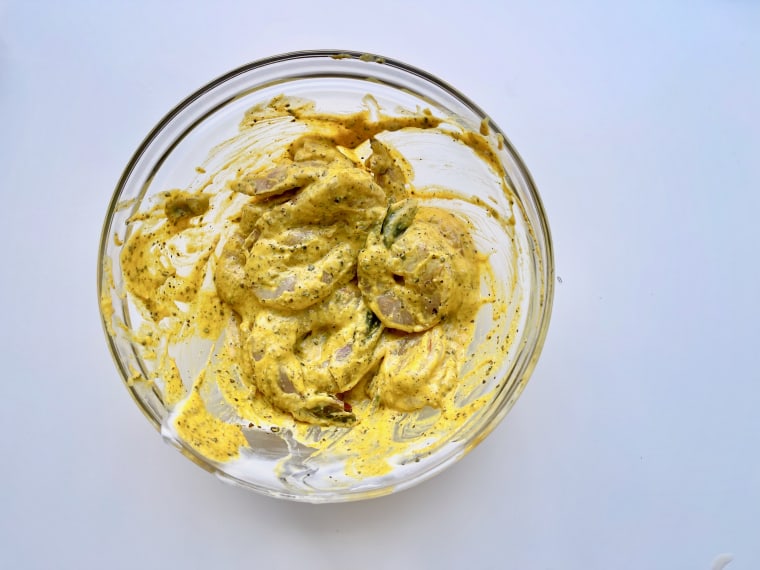
But what are we actually hoping to accomplish with these marinades? If you think your marinades are providing flavor while adding moisture, you might be getting a lot less than what you bargained for. With oil-based marinades, the flavor is only able to just reach the surface. You know how oil and water don't mix? Well, meat is on average 75% water, so when you put meat into an oil-based marinade the oil is not going anywhere beyond the exterior.
As for the flavoring, because it is only on the surface, a large portion slips off the moment you put it on the pan or the grill. And you can’t add the rest of the sauce back onto the meat once you’re done cooking, because its previous proximity to raw meat renders it unusable.
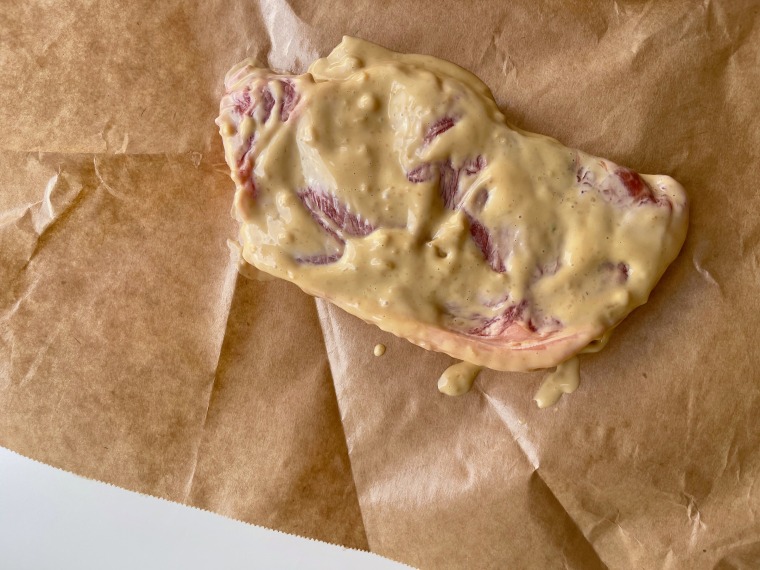
But there are better ways to make marinades. Reach for the bases that actually penetrate the surface of the meat — both to tenderize and moisturize — as well as stick on the surface so the flavor clings to the meat while it cooks. And for that you’re going to want to start with either yogurt or mayonnaise as your base.
Nik Sharma, the molecular biologist turned James Beard Award-nominated cookbook author of "Season" and "The Flavor Equation," shares this passion for differentiating marinades and wants to change the way we lump them all together. While salt is often key to marinades to help with both flavor and retaining moisture, Sharma believes the science behind using a marinade should actually steer us more towards yogurt.
“Fermented dairy is very high in phosphates,” he explained. “Phosphates bind onto the surface proteins in meat and then the amino acids and lactic acids hold much more water. So, when you weigh a piece of meat before and after marinating in yogurt you’ll actually notice an increase in weight.” By using yogurt as a base for marinade, you get both the additional moisture as well as a texture that will hang onto the meat more firmly than oil as you cook.
If you are still a bit dubious about using yogurt, mayonnaise, along with any flavoring that has been fermented, also makes a great substitute. Again, it all comes down to science: Egg yolks have phosphorus, which helps with water retention, and fermented products, like soy sauce, miso or pickle juice, have lactic acid that tenderizes the meat. You won’t actually taste the mayonnaise once it is cooked; it just acts as the conduit for the flavors. Instead of sliding off, it will stick to your meats and seafood and keep all that moisture inside.
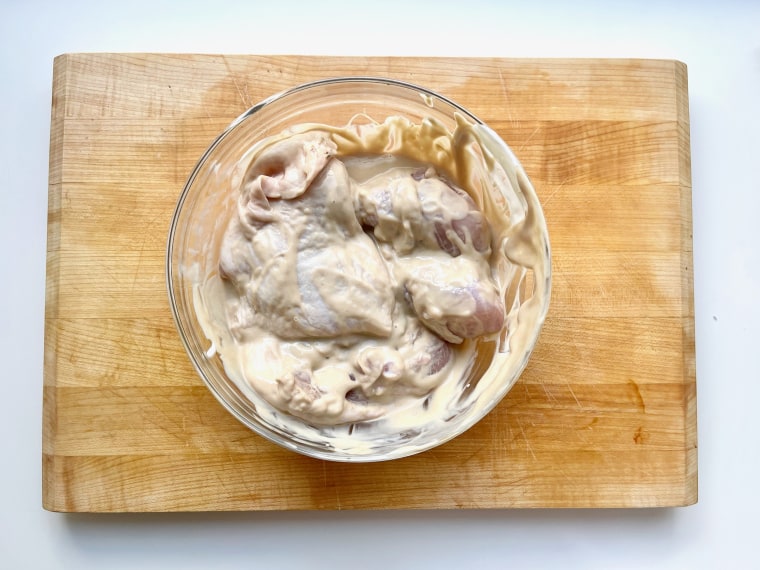
That lactic acid is key to tenderizing without going overboard, in the way some citrus or vinegars act. Sharma says it all comes down to biology.
"The reason why meat can survive lactic acid is because mammals synthesize lactic acid naturally and it’s in our bloodstream. Muscle tissue is adept at dealing with lactic acid but not citric or acetic acid. So acetic acid (the main component of vinegar) is never produced by the body. And citric acid is only very deep inside our cells, so it rarely comes out. So the external surface of meat is not evolved to deal with those kinds of acids and then they lose their texture and that’s how you get mushy meat. There’s this whole evolutionary base for why lactic acids work better."
So, if all the science is making your head spin, just try to remember the basics: Make your marinades with either yogurt or mayonnaise as a base, add some salt, and it never hurts to throw something fermented into the mix. When it comes to timing, most marinades can be beneficial even if they are added 30 minutes prior to cooking, but as long as they don’t have lemon or lime in them, you can leave them on overnight. The only caveat is seafood, which typically needs much less time to marinade, since it is more porous than other meats.
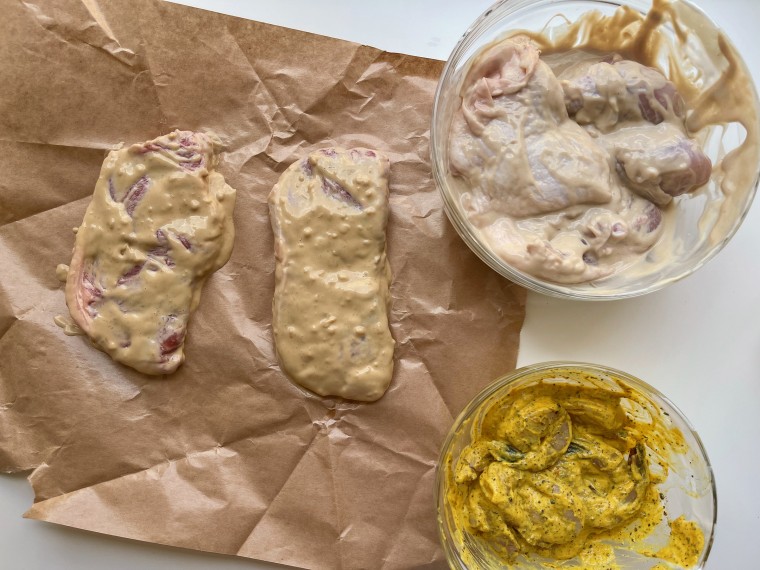
Beyond that, the flavorings are up to whatever your imagination can come up with. Here are a few of TODAY Food's favorites, that work with everything from beef to chicken to shrimp:
Chimichurri Marinade
- 1 cup chopped parsley
- 4 garlic cloves
- 1/3 cup mayonnaise
- 2 tablespoons red wine vinegar
- 2 teaspoons salt
- 1/2 teaspoon red pepper flakes
Soy-Miso Marinade
- 1/4 cup mayonnaise
- 1/4 cup soy sauce
- 2 tablespoons miso paste
- 1 teaspoon salt
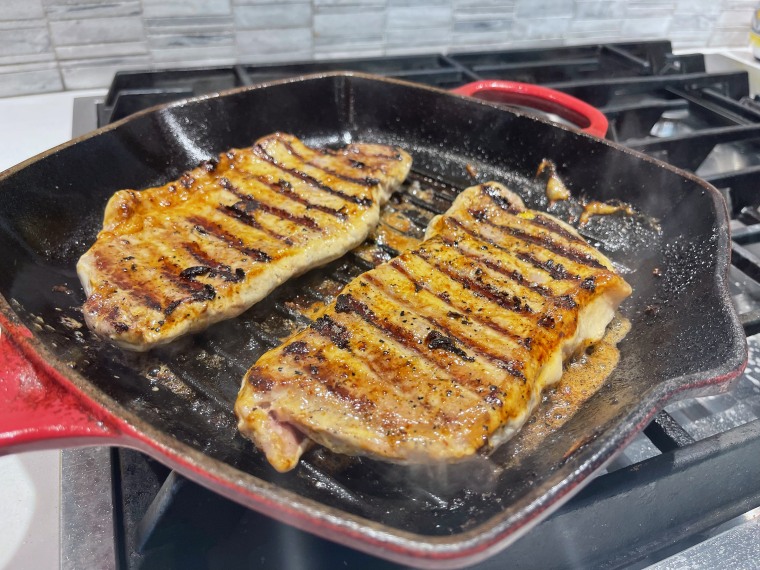
Sumac and Turmeric-Spiced Yogurt Marinade
- 1/2 cup plain yogurt
- 1/2 teaspoon turmeric
- 1 teaspoon sumac
- 1 teaspoon garlic powder
- 2 teaspoons salt
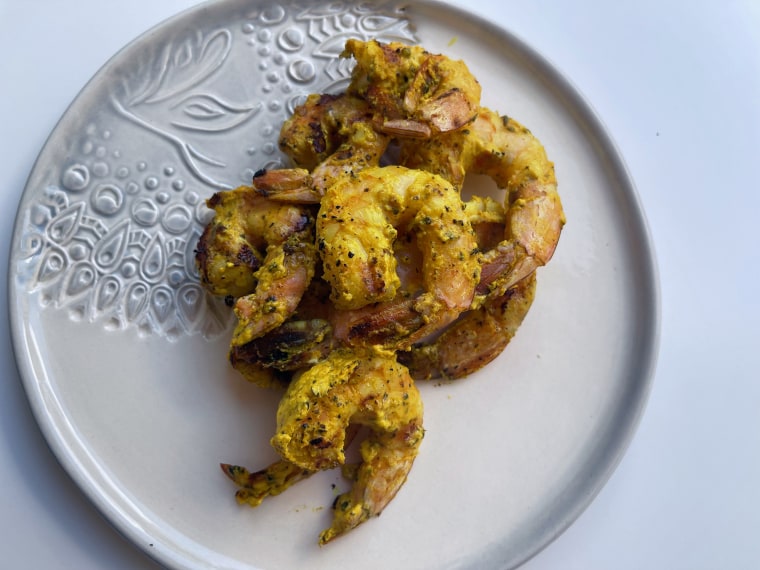
Dijon-Yogurt Marinade
- 1/4 cup plain yogurt
- 2 tablespoons Dijon mustard
- 1 tablespoon Worcestershire sauce
- 2 teaspoons salt
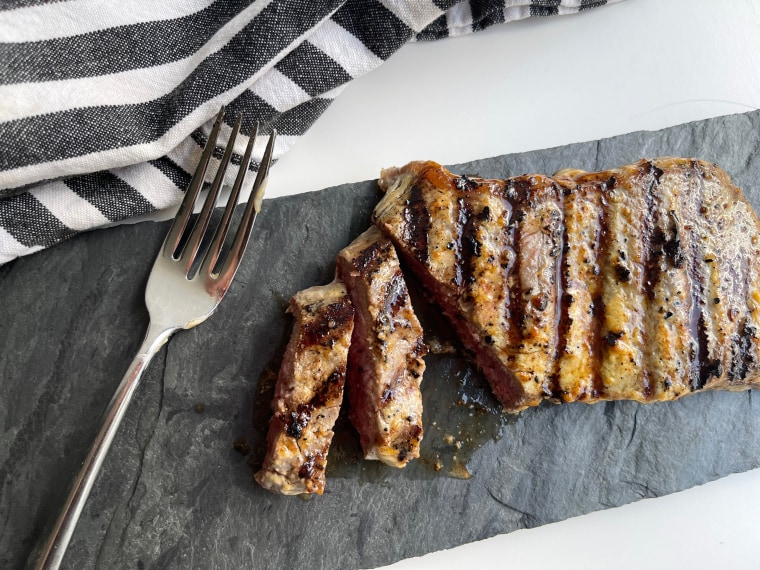
Related:
